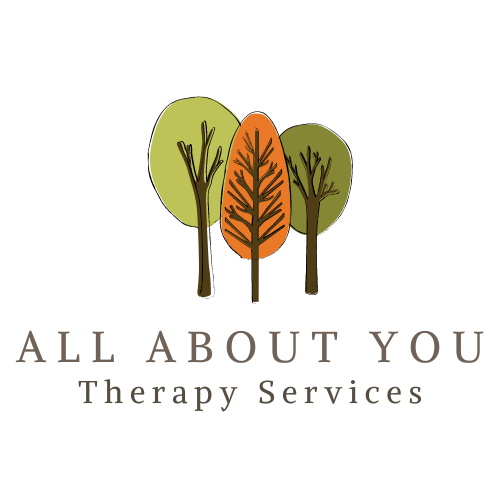We all have moments in life when we feel overwhelmed, stuck, or just plain confused.
Whether it’s dealing with a stressful job, navigating a rocky relationship, or managing the curveballs that life throws our way, everyone has their breaking points. How do you know if you should go to therapy? Let’s break it down.
Therapy: Not Just for “Serious” Problems
First things first: women’s counseling isn’t just for people with severe mental health issues. It’s a common misconception that you need to be at rock bottom to seek help. In reality, therapy can benefit anyone, regardless of the intensity of their struggles. Think of it as a tool for personal growth, kind of like going to the gym to keep your body in shape.
Signs You Might Benefit from Therapy
- Persistent Stress or Anxiety: If you find yourself constantly stressed or anxious and it’s affecting your daily life, it might be time to talk to a professional. Therapy can help you develop coping strategies and identify underlying causes.
- Unresolved Trauma: Past traumas can linger and impact your present. Whether it’s childhood experiences or recent events, a therapist can help you work through these feelings and find closure.
- Relationship Issues: Struggling in your relationships, whether romantic, familial, or friendships, is a common reason to seek therapy. A therapist can provide an objective perspective and help you improve communication and understanding.
- Feeling Stuck: Sometimes, we just feel stuck in life. Whether it’s in your career, personal life, or just a general sense of being unfulfilled, therapy can help you explore your goals and find direction.
- Behavioral Changes: Noticeable changes in your behavior, such as changes in sleeping patterns, eating habits, or a decline in personal hygiene, can be red flags. These changes often signal deeper issues that therapy can address.
- Loss and Grief: Dealing with the loss of a loved one is incredibly challenging. A therapist can provide the support you need to navigate through grief and find a way to move forward.
What to Expect in Therapy
If you’ve never been to therapy before, the idea can be a bit daunting. But it’s important to know that therapy is a safe, non-judgmental space. The goal is to help you feel understood and supported.
The First Session: Your first session will typically involve discussing your history, current concerns, and what you hope to achieve through therapy. It’s a time for you and your therapist to get to know each other and set some initial goals.
Ongoing Sessions: Therapy isn’t a one-size-fits-all approach. It’s a journey tailored to your needs. Some people find relief in a few sessions, while others may benefit from longer-term therapy. It’s about what works best for you.
Types of Therapy: There are various types of therapy, such as cognitive-behavioral therapy (CBT), Acceptance and Commitment Therapy (ACT) and Dialetical Behavior Therapy (DBT). Your therapist will help determine the best approach based on your unique situation.
Making the Decision
Deciding to go to therapy is a personal choice. It can be helpful to ask yourself questions like:
- Am I able to manage my emotions effectively?
- Do I feel overwhelmed often?
- Are my relationships suffering due to my mental state?
If you answer yes to any of these, it might be worth considering therapy. Remember, seeking help is a sign of strength, not weakness.
Taking the First Step
Admitting you need help and taking that first step to schedule a therapy session can feel intimidating.
Remember, you’re investing in yourself and your well-being. Therapy is a space to learn, grow, and heal. You deserve to live a fulfilling, balanced life, and therapy can be a valuable part of that journey.
So, should you go to therapy? If you think it might help, why not give it a try? After all, your mental health is just as important as your physical health. Take that step, and you’ll likely find it to be one of the best decisions you make for yourself.


